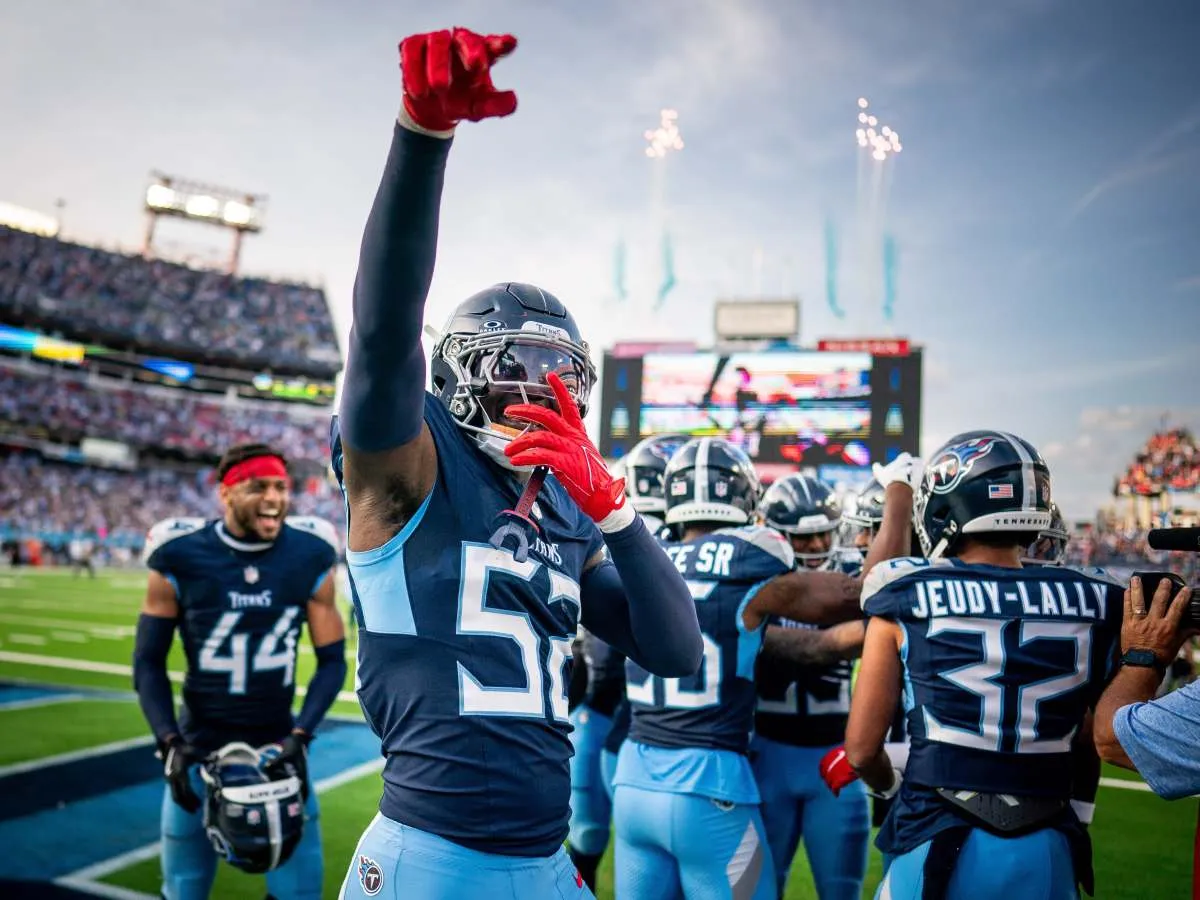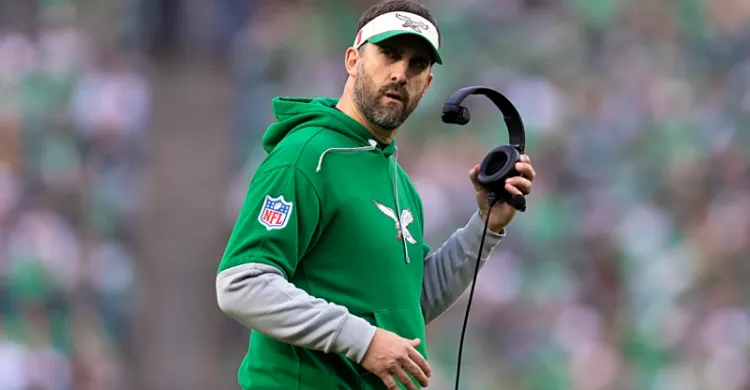The Green Bay Packers made multiple improvements at wide receiver during the 2025 offseason through free agency and the draft, but they also considered the possibility of trading for a veteran, according to ESPN’s Jeremy Fowler.

Last week, the Baltimore Ravens signed a three-year, $36.75 million contract extension with former first-round wide receiver Rashod Bateman, securing one of two-time MVP quarterback Lamar Jackson’s top big-play receiving targets for the long-term future.
In the aftermath, however, Fowler shed light on the circumstances that led to Bateman receiving a contract extension from the Ravens. He said Baltimore initially did not want to sign Bateman to a new deal and granted him permission to speak with other teams about the possibility of a trade — at which point the Packers showed interest in him.
“What led to his contract extension is that he was almost traded during this offseason because he went to the Ravens, wanted a new deal,” Fowler said Saturday. “They essentially said no, but they gave him permission to seek a trade, so he went out on the open market and talked to teams. And I was told there were several involved or had interest — the Dallas Cowboys, New England Patriots, Green Bay Packers. So he saw he had a market. The Raven saw that and said, ‘OK, we’ll just pay you instead.'”
Packers Likely Spoke With Rashod Bateman Before Draft
Fowler’s confirmation that the Packers showed at least some level of trade interest in Bateman is intriguing, even though it will also generate a chuckle from a certain group of fans who roll their eyes every time the Packers are “in the conversation” for a trade.
In all likelihood, though, the Packers’ interest in Bateman ceased after the 2025 draft.
Before the draft, the Packers had needs to address at wide receiver. All four of their top contributors would return for 2025, but Romeo Doubs and Christian Watson were both entering the final years of their rookie contracts. Watson is also still recovering from a season-ending knee injury that could cause him to miss time to start the regular season.
At that point, a trade for Bateman would have made plenty of sense for the Packers.
Then, the Packers invested significant resources into improving their receiver room during April’s draft. They took a first-round wide receiver for the first time since 2002 when they selected Texas star Matthew Golden at No. 23 overall, then circled back for TCU standout Savion Williams in the third round, acquiring two enticing playmakers.
Now, there is little reason for the Packers to consider more receiving upgrades. They will still have decisions to make within the next nine months about the futures of both Watson and Doubs, but the presence of Golden and Williams alongside Jayden Reed and Dontayvion Wicks — both 2023 draft picks — gives them all the security they need.
Will Packers Keep 7 Wide Receivers on 2025 Roster?
The Packers are sitting pretty at the wide receiver position with eyes on next month’s NFL training camp. Not only did they add two rookie pass-catchers to their roster, but they also picked up veteran Mecole Hardman Jr. during the 2025 free agency period.
How many wide receivers will make the Packers’ initial 53-man roster, though?
The Packers have five receivers who are essentially locks to make the 2025 roster: Reed, Doubs, Wicks, Golden and Williams. Watson is also a near-lock to make the roster, but the bigger mystery with him is how much progress he will make with his knee recovery and whether he will begin the season on the physically unable to perform (PUP) list.
Outside of those six, the Packers also have Hardman, Malik Heath and Bo Melton vying for roles in the rotation. If Watson begins the season on the PUP list, the Packers could have as many as two spots open in their rotation if they decide to keep seven receivers, though Watson would presumably bump someone off the roster upon his return.
Either way, the Packers could have some difficult decisions to make about the bottom-roster spots in their receiving rotation — which is certainly better than the alternative.



